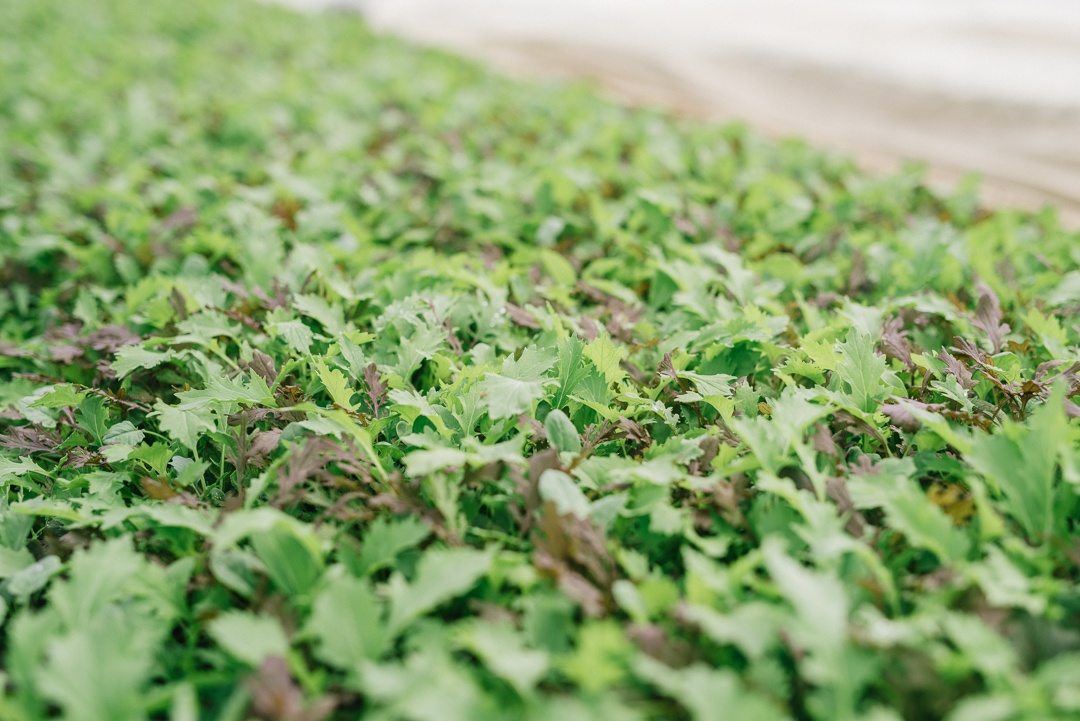Organic farming has known benefits for the environment and human health. The restrictions placed on fertilizer and pesticide use prevent pollution with toxic chemicals while protecting biodiversity. In addition to the benefits on a more local or regional scale, research suggests that organic agricultural practices have benefits for the whole environment, and the planet. Organic agriculture produces fewer greenhouse gases than conventional methods, and may even counteract emissions.
Climate change and agriculture feedback loop
Agriculture is particularly vulnerable to the changing conditions caused by climate change. Large storms, long periods of drought or high temperatures, saltwater intrusion from sea level rise and other factors will impact future agricultural production.
In addition to its vulnerability, agriculture is also a significant contributor to greenhouse gas emissions, contributing 10-12% of emissions annually according to the Intergovernmental Panel on Climate Change. Though a fair portion of these emissions can be attributed to livestock production, including methane produced by cows’ digestive tracts and nitrous oxide from animal manure, the largest contributor to agricultural emissions is soil management, including deforestation and the use of heavy machinery. The production and use of synthetic nitrogen-based fertilizers are also significant.

Fostering Soil Health
But while poor soil management contributes to climate change, building the soil using organic growing methods can help sequester carbon, thus offsetting emissions. According to the Rodale Institute, nearly 100% of current annual carbon dioxide emissions could be sequestered using established organic farming techniques. Such practices include crop rotation, the use of cover crops and composting.
These methods improve the health and productivity of the soil by making nutrients available to crops, thus eliminating the need for polluting fertilizers. Tilling techniques that minimize soil disturbance, or even planting in the residue of previous harvests ensure that soil carbon stays sequestered.
Tending to the soil also helps to make agriculture more resilient. Healthy soil can retain more water, helping to counteract the impacts of drought. Soil managed using organic methods also tends to be more resistant to erosion, an important factor to consider in the face of more extreme weather events.
Boston Organics is dedicated to supporting organic growers and to fostering a sustainable food system. Whatever the reasons you choose to buy organic, you can rest assured that organic growing methods are helping to contribute to the health of the earth.


